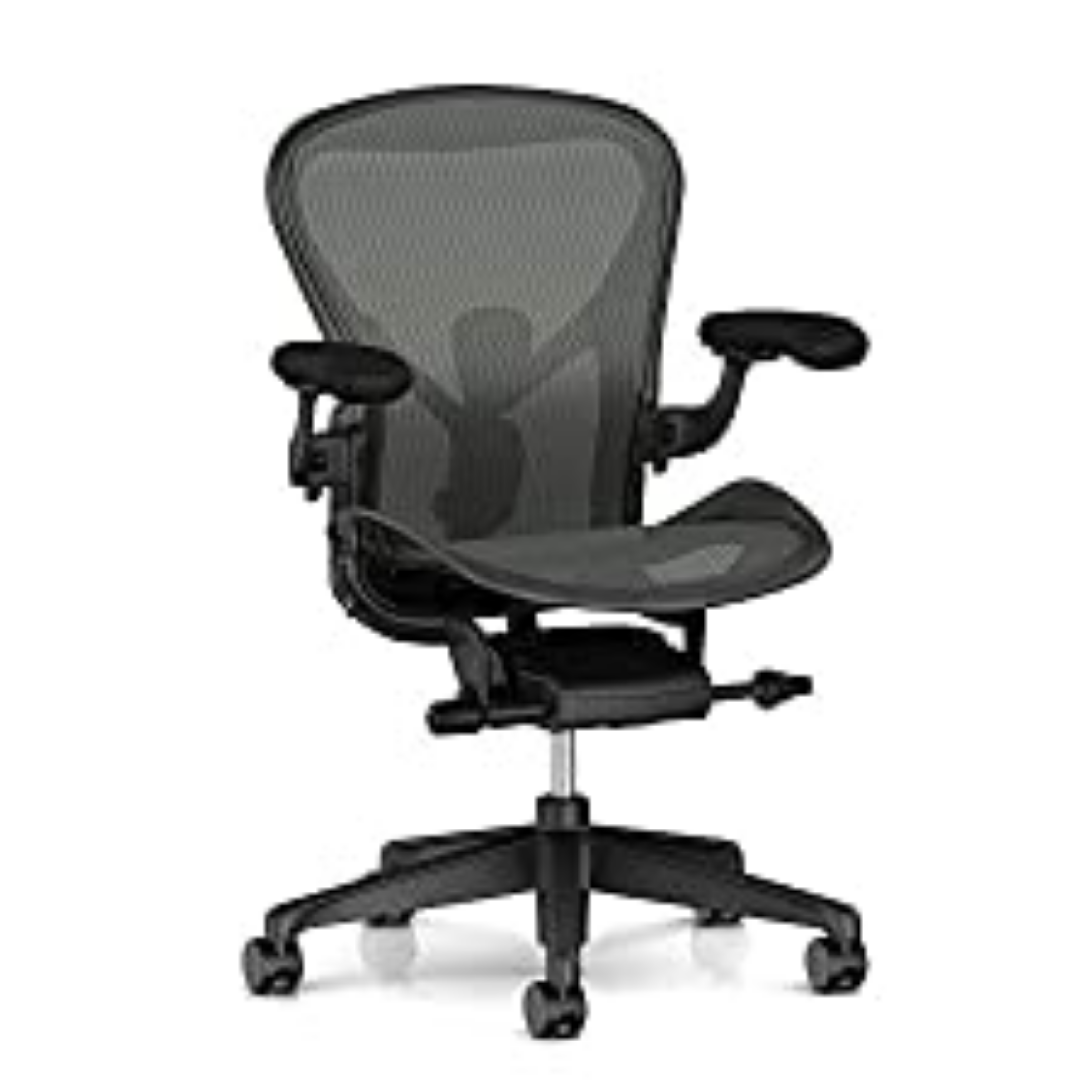Understanding Carpal Tunnel Syndrome and Office Chairs

Carpal tunnel syndrome (CTS) is a common condition that affects the median nerve, which runs through the carpal tunnel in the wrist. This can cause pain, numbness, tingling, and weakness in the hand and fingers. While many factors can contribute to CTS, prolonged sitting and poor posture are often implicated.
The Connection Between Prolonged Sitting and Carpal Tunnel Syndrome
Prolonged sitting, particularly in a poorly ergonomic chair, can significantly increase the risk of developing carpal tunnel syndrome. When you sit for extended periods, your wrists are often in a flexed position, which can compress the median nerve. This compression can lead to inflammation and nerve damage, resulting in the symptoms of CTS.
Key Features to Consider for Carpal Tunnel Relief: Best Office Chair For Carpal Tunnel

Choosing the right office chair can significantly impact your comfort and alleviate carpal tunnel symptoms. While the overall chair design is crucial, specific features play a vital role in promoting proper posture and reducing strain on your wrists.
Adjustable Armrests, Best office chair for carpal tunnel
Adjustable armrests are essential for proper posture and wrist alignment. When armrests are at the right height, they support your forearms, allowing your shoulders to relax and your wrists to remain neutral. This reduces pressure on the median nerve, which is often compressed in carpal tunnel syndrome.
Properly adjusted armrests ensure your elbows are bent at a 90-degree angle and your forearms are parallel to the floor.
- Height Adjustment: Adjustable armrests allow you to customize the height to match your desk and body, ensuring your wrists are not bent at awkward angles. This is particularly important for individuals with different heights and desk setups.
- Width Adjustment: Some armrests offer width adjustment, allowing you to find a comfortable fit for your shoulders and elbows. This helps to prevent shoulder strain and promote a relaxed posture.
- Angle Adjustment: Adjustable armrests that can tilt or rotate allow you to fine-tune the angle to further support your forearms and wrists. This is particularly beneficial for individuals who perform repetitive tasks or spend extended periods typing.
Lumbar Support
Lumbar support plays a critical role in maintaining a neutral spine and reducing pressure on the nerves in the wrist. A good office chair with lumbar support will provide a gentle curve that conforms to the natural curvature of your lower back. This helps to distribute your weight evenly, preventing slouching and reducing strain on your spine.
Slouching can compress the nerves in your spine, which can lead to pain and numbness that radiates down your arms and into your wrists.
- Adjustable Lumbar Support: Look for chairs with adjustable lumbar support, allowing you to customize the firmness and position of the lumbar curve to match your individual needs. This ensures that the support is in the right place and provides adequate support for your lower back.
- Built-in Lumbar Support: Some chairs have built-in lumbar support that is molded into the backrest. While this may not be as customizable as adjustable support, it can still provide good support for your lower back.
- Lumbar Pillows: If your chair doesn’t have built-in lumbar support, you can use a lumbar pillow to provide additional support for your lower back.
Breathable and Supportive Materials
Breathable and supportive materials are crucial for maintaining comfort and reducing pressure points on your body, particularly in the seat and backrest.
A comfortable chair will encourage you to sit upright and maintain good posture, reducing strain on your wrists and preventing carpal tunnel symptoms from worsening.
- Seat Cushion: Look for a seat cushion that is made of breathable materials like mesh or foam. This allows air to circulate and helps to prevent your body from overheating, particularly during long periods of sitting. The cushion should also be supportive enough to provide good comfort and distribute your weight evenly.
- Backrest: The backrest should be made of a breathable and supportive material that conforms to the natural curve of your spine. Look for chairs with adjustable backrests that allow you to customize the angle and height to match your individual needs. This ensures proper support for your back and helps to prevent slouching.
Finding the best office chair for carpal tunnel can be a right pain, but it’s crucial for anyone who spends hours hunched over a laptop. And if you’re a parent, you might also be on the lookout for a best clip on baby high chair for those family meals.
But back to the office chair, you’ll want to look for one with adjustable armrests and good lumbar support, so you can sit comfortably and avoid any nasty aches and pains.
Finding the best office chair for carpal tunnel can be a bit of a minefield, but it’s essential for anyone who spends hours hunched over a keyboard. You want something supportive, adjustable, and comfortable, and there are loads of great options out there.
It’s also worth considering the needs of people with other conditions, like Parkinson’s, as a good chair can be a real game-changer. For example, check out this article on finding the best chair for Parkinson’s patients for some top tips.
Ultimately, though, the best office chair for carpal tunnel is the one that fits you and your needs perfectly.